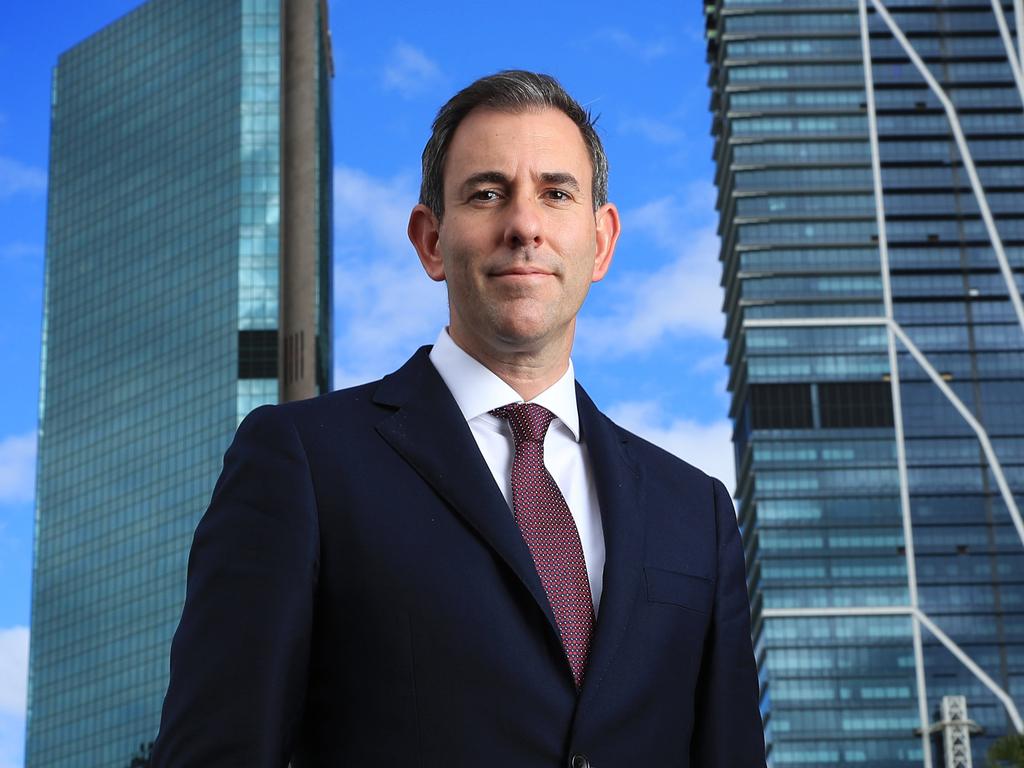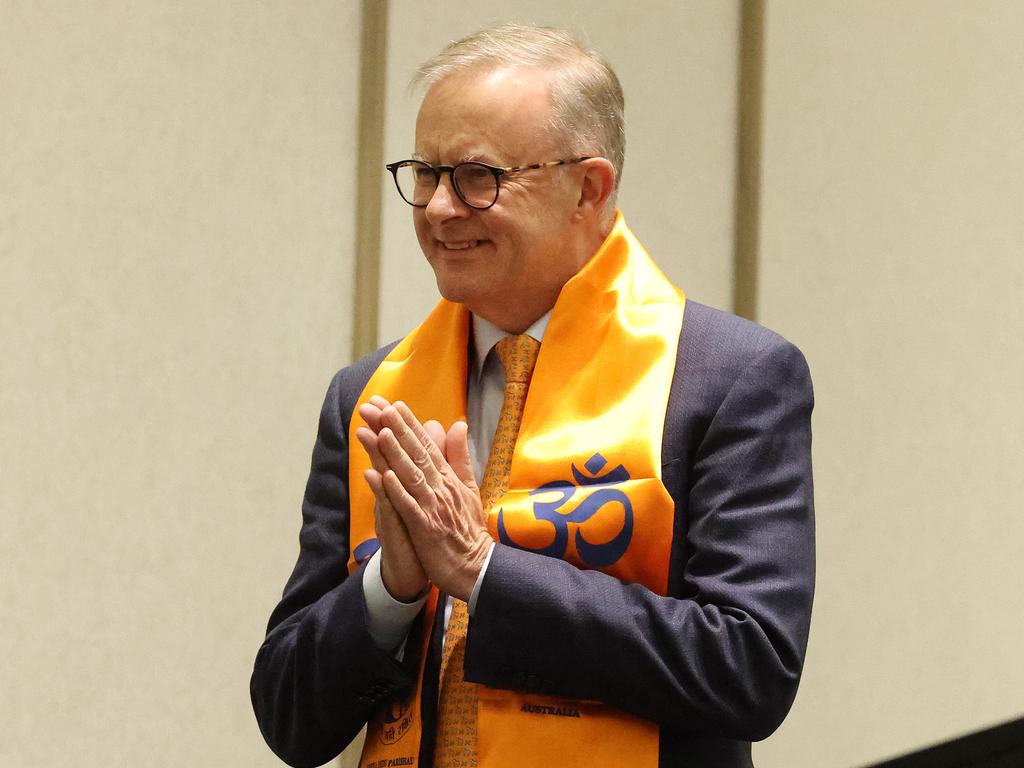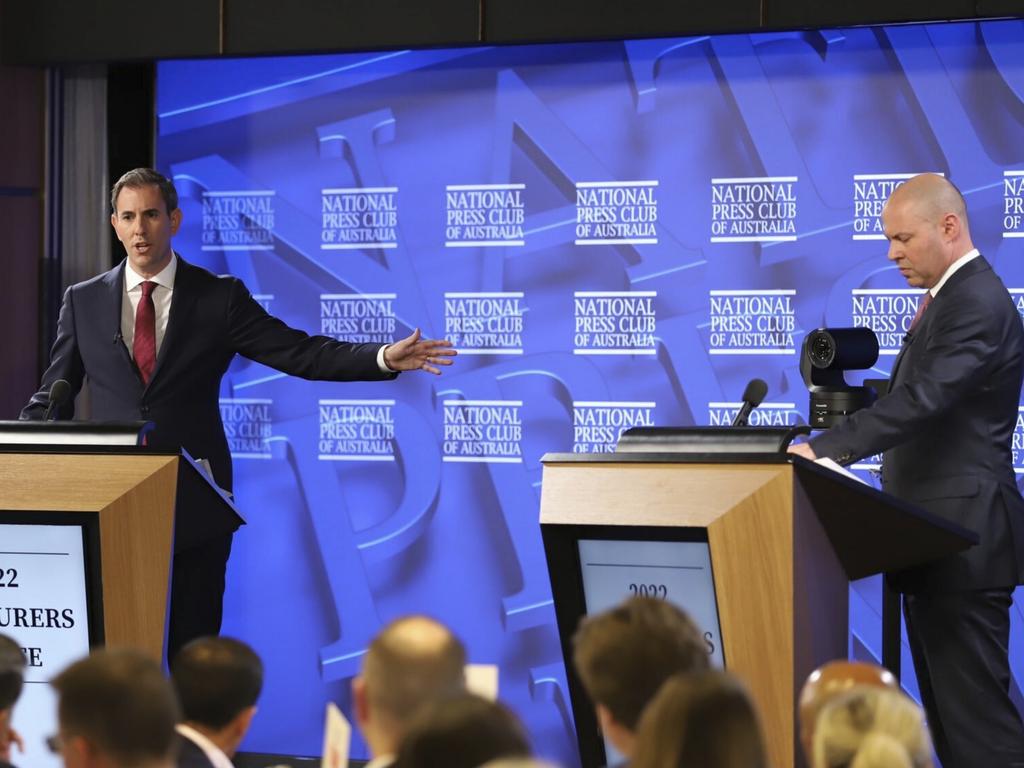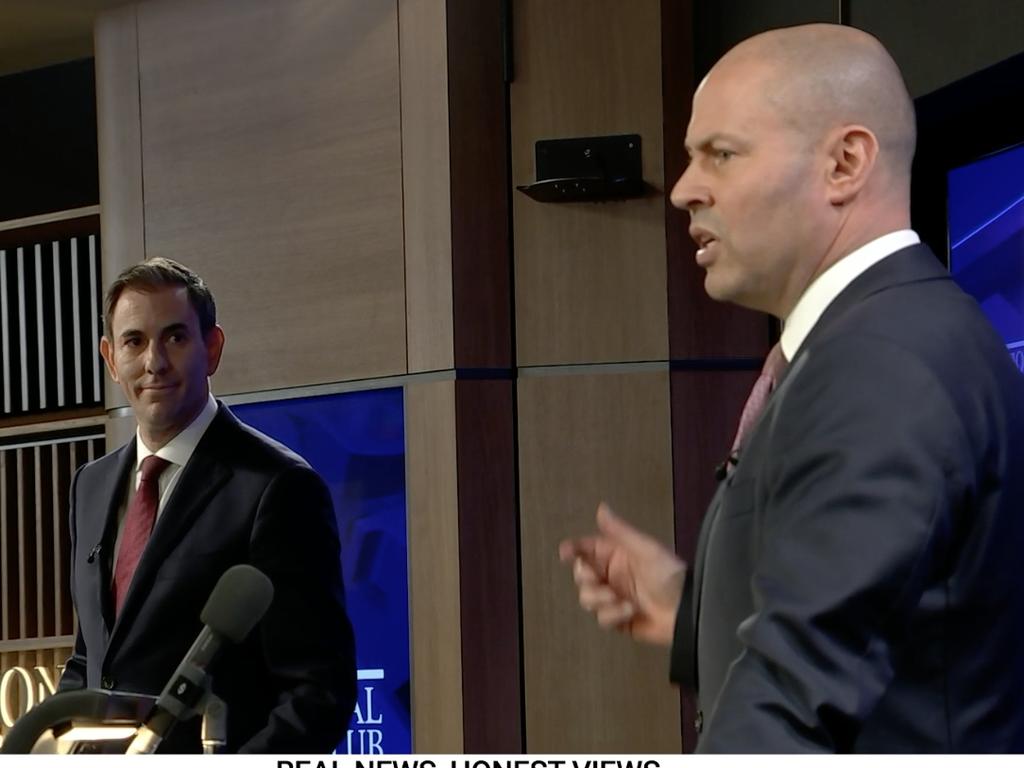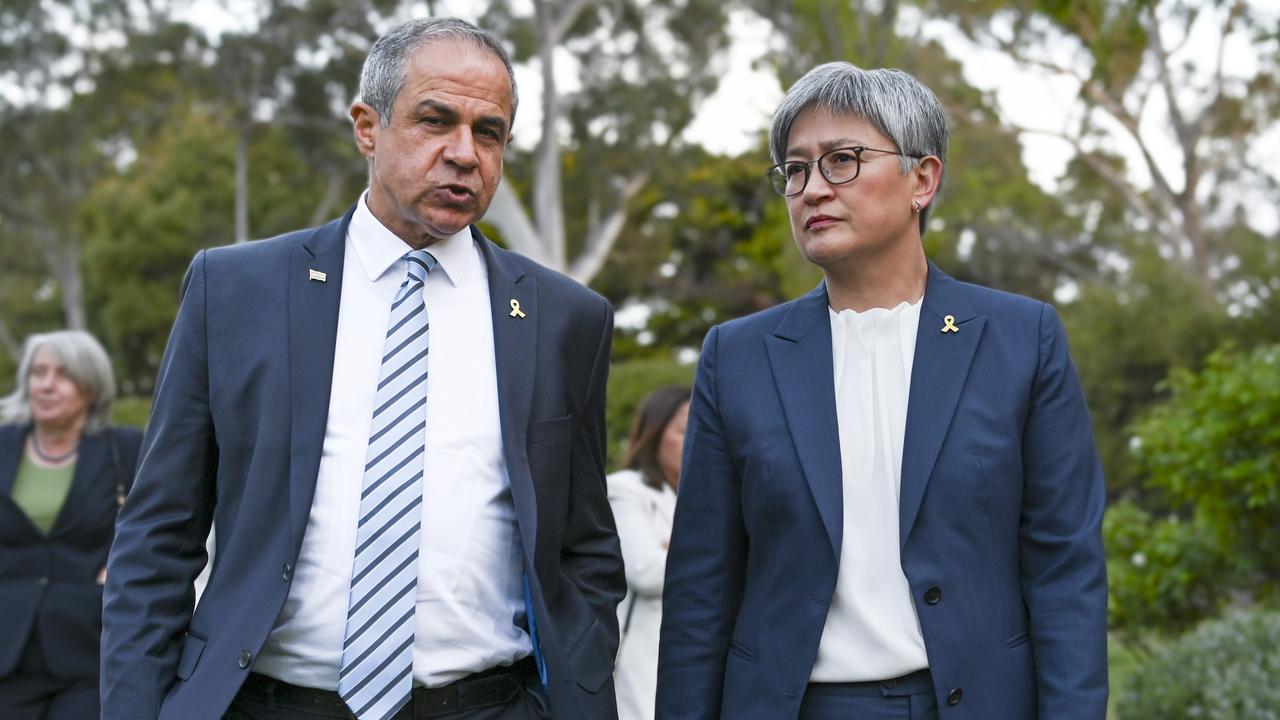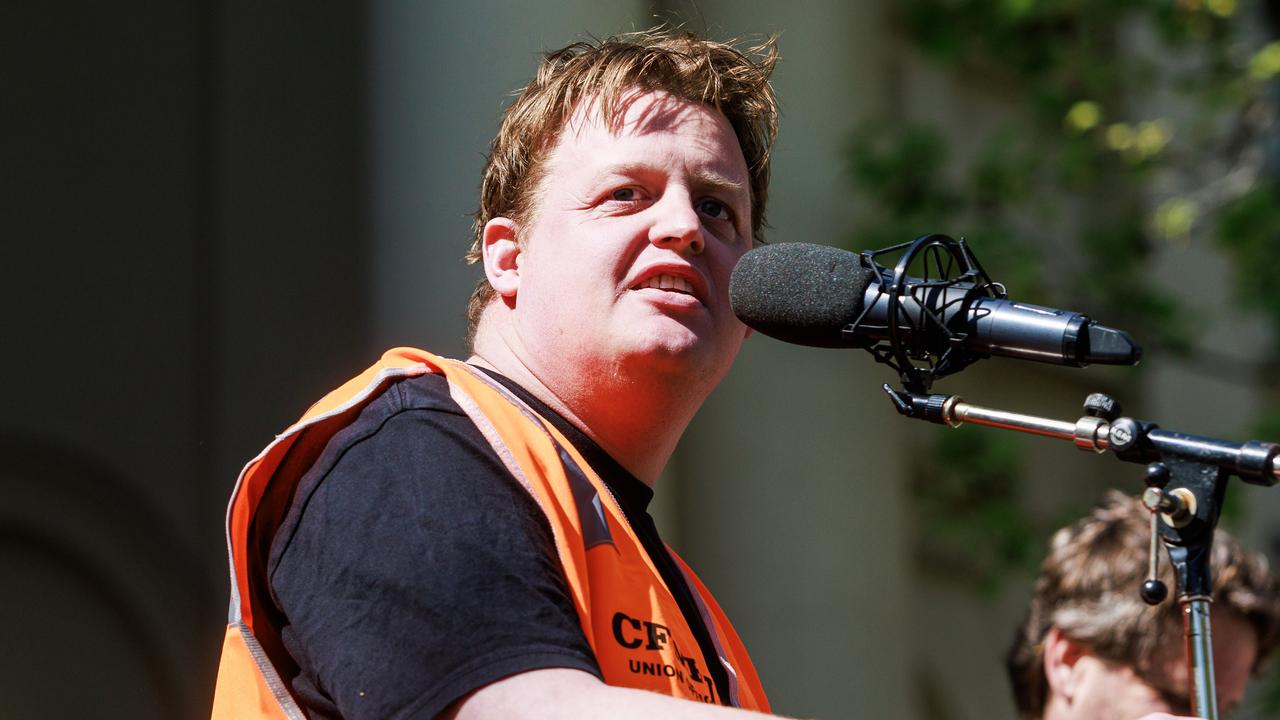Election 2022: Labor to turbocharge budget deficits in ‘quality spending’ focus
Labor is planning to unveil budget deficits up to $10bn greater than the Coalition over the next four years.
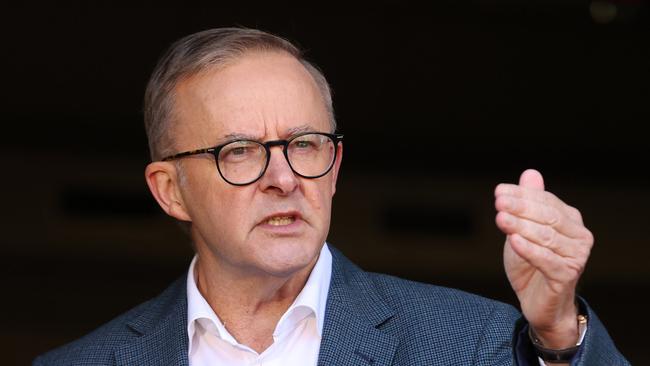
Labor is planning to unveil budget deficits up to $10bn greater than the Coalition over the next four years as Anthony Albanese sharpens his election pitch around the need for “quality” spending rather than fast-tracking debt reduction.
The Weekend Australian understands Labor’s final costings, to be delivered ahead of the May 21 poll, will show a modest increase in debt over the forward estimates as the Opposition Leader pledges extra spending on childcare, aged care, TAFE and health.
Senior Labor MPs revealed the deficits would likely be in the vicinity of $10bn more than those forecast by the Coalition, although this could change depending on the spending commitments unveiled by Scott Morrison in the final fortnight of the campaign.
The revelation that a Labor government would send the budget further into the red comes as the opposition attacks the Morrison government’s economic record, claiming Australia has failed to attract long-term investment despite debt being on track to reach nearly $1 trillion.
Sources say it is also unlikely Labor will release 10-year budget forecasts, as Bill Shorten did ahead of the last election.
Labor MPs will describe the deficits as “roughly” the same as the government’s, which were forecast in the March budget to be nearly $225bn over the next four years. The Labor team will argue the spending will be targeted to grow the economy and put downward pressure on inflation, and claim the debt being accrued by the Coalition is dominated by “rorts and waste”.
While the Coalition is likely to try to weaponise Labor’s forecasts for higher deficits, opposition MPs say tackling debt is not “top of mind” for voters and is also not a priority for the Prime Minister.
At the National Press Club in Canberra on Wednesday, Josh Frydenberg and Labor Treasury spokesman Jim Chalmers both declined to commit to spending cuts and tax increases to expedite a return to surplus in an era of rising inflation and interest rates.
“What we need to be able to do is to flick the switch in the budget, not to austerity, but to quality, so we can fund the things that we care the most about,” Dr Chalmers said.
Mr Frydenberg said the government’s plan to reduce debt was based on “growing the economy”.
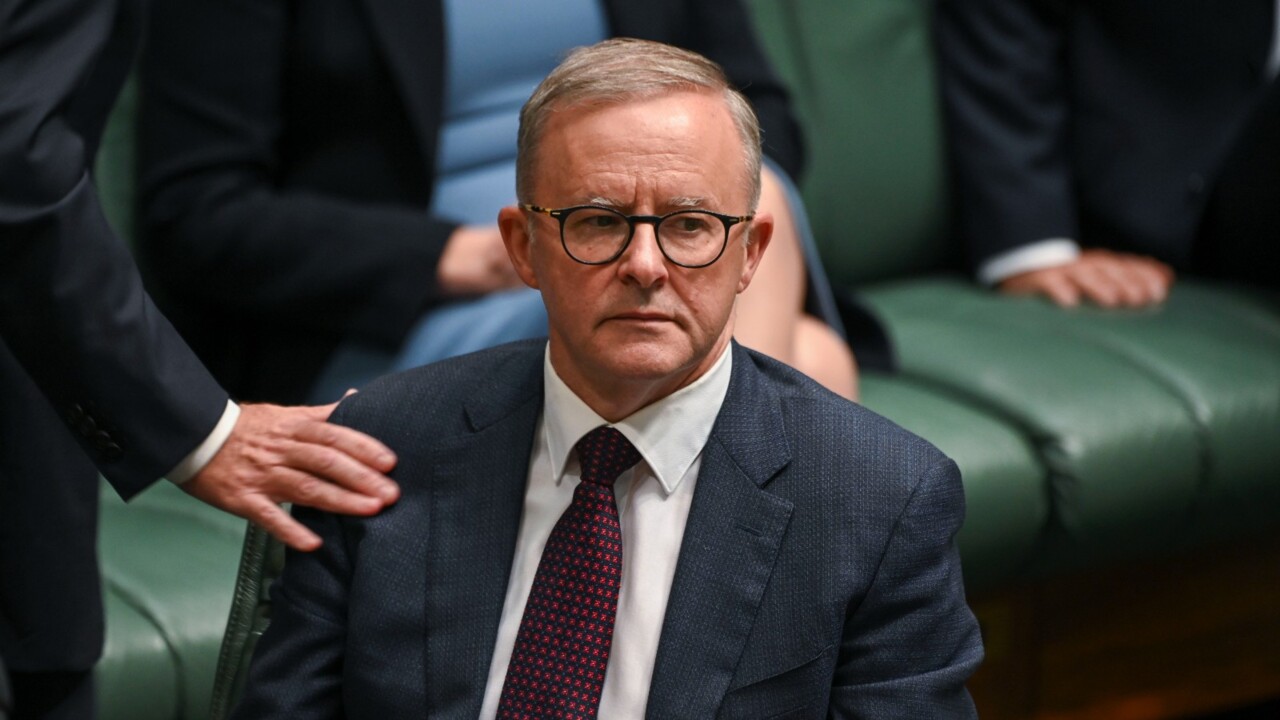
“That’s what we’re seeking to do and, therefore, we can manage those higher debt burdens,” the Treasurer said.
On Friday, Mr Albanese promised to spend more than the Coalition on health, education and the NDIS.
“Labor governments will always be better on health, education and the NDIS,” he said.
“We have programs that are put in, committed to, committed to additional funding in health, education and the NDIS.
“And we will stand by that additional funding.”
Labor has chosen to run up higher deficits rather than offset spending with tax increases that were politically fraught in the 2019 election. At the 2016 election, Mr Shorten announced his policies would increase the budget deficit by $16.5bn over four years, but be better off than the Coalition over 10 years. Labor went on to exceed expectations by winning a net 14 seats against a lacklustre campaign from Malcolm Turnbull but fell seven members short of a majority government.
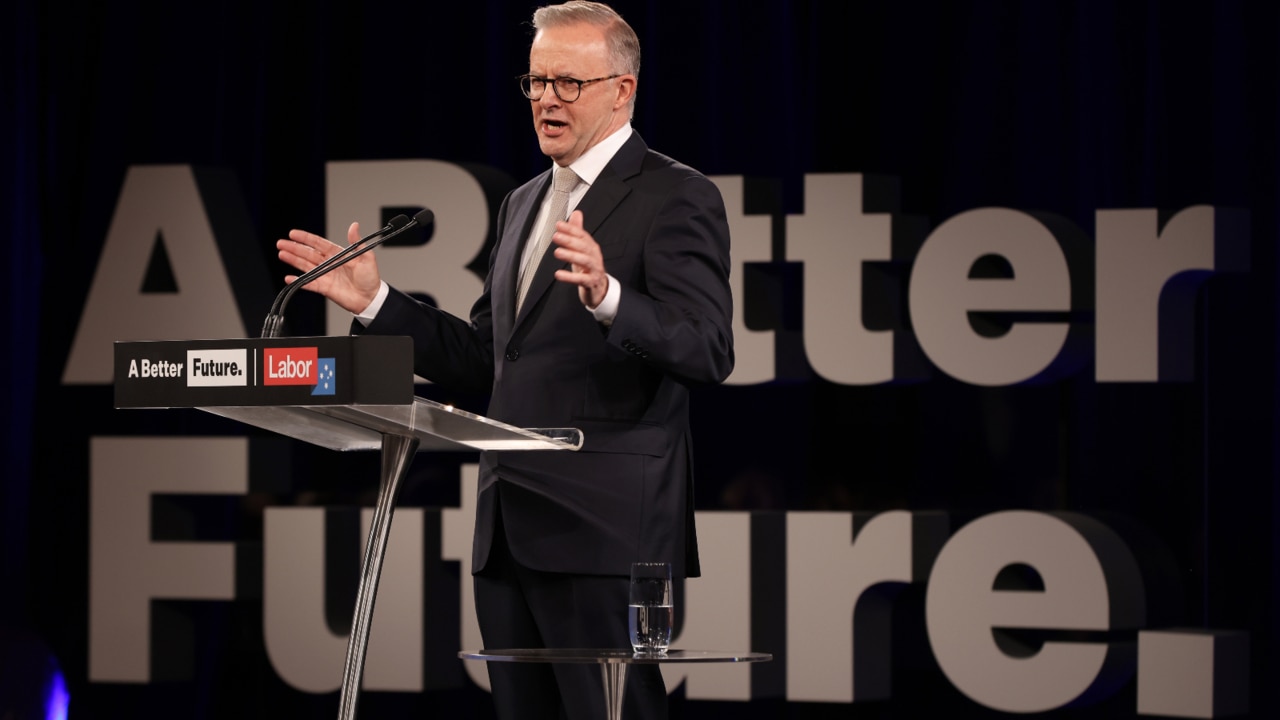
In 2019, Mr Shorten decided to avoid registering higher short-term deficits by proposing new revenue measures including a fatal policy to ban cash refunds for franking credits. This election, Labor is proposing smaller increases in spending which it will not fully offset through revenue measures.
Under Mr Albanese’s leadership, Labor has dropped its Shorten-era crackdowns on tax concessions in the areas of negative gearing, dividend imputation, superannuation and discretionary trusts. Instead, the party vowed to raise $5bn without it being at the “expense of ordinary Australians” by cutting contractors in the public service and cracking down on multinational tax avoidance.
Last month, Dr Chalmers said Labor would raise almost $1.9bn from its multinational tax policy and recoup billions of dollars through a “waste and rorts” audit during its first year in power. But this is not enough to cover its $5.4bn childcare policy, $1.2bn skills commitment, $2.5bn boost to aged care, $525m increase in foreign aid, $329m for housing and $135m on urgent care clinics.
The Australian revealed last year Labor’s expenditure review committee considered reviving the $2bn-a-year tax hike on family trusts to offset its spending increases. But the proposal was knocked on the head, partly over the controversy of the leak.
More Coverage
Read related topics:Anthony Albanese


